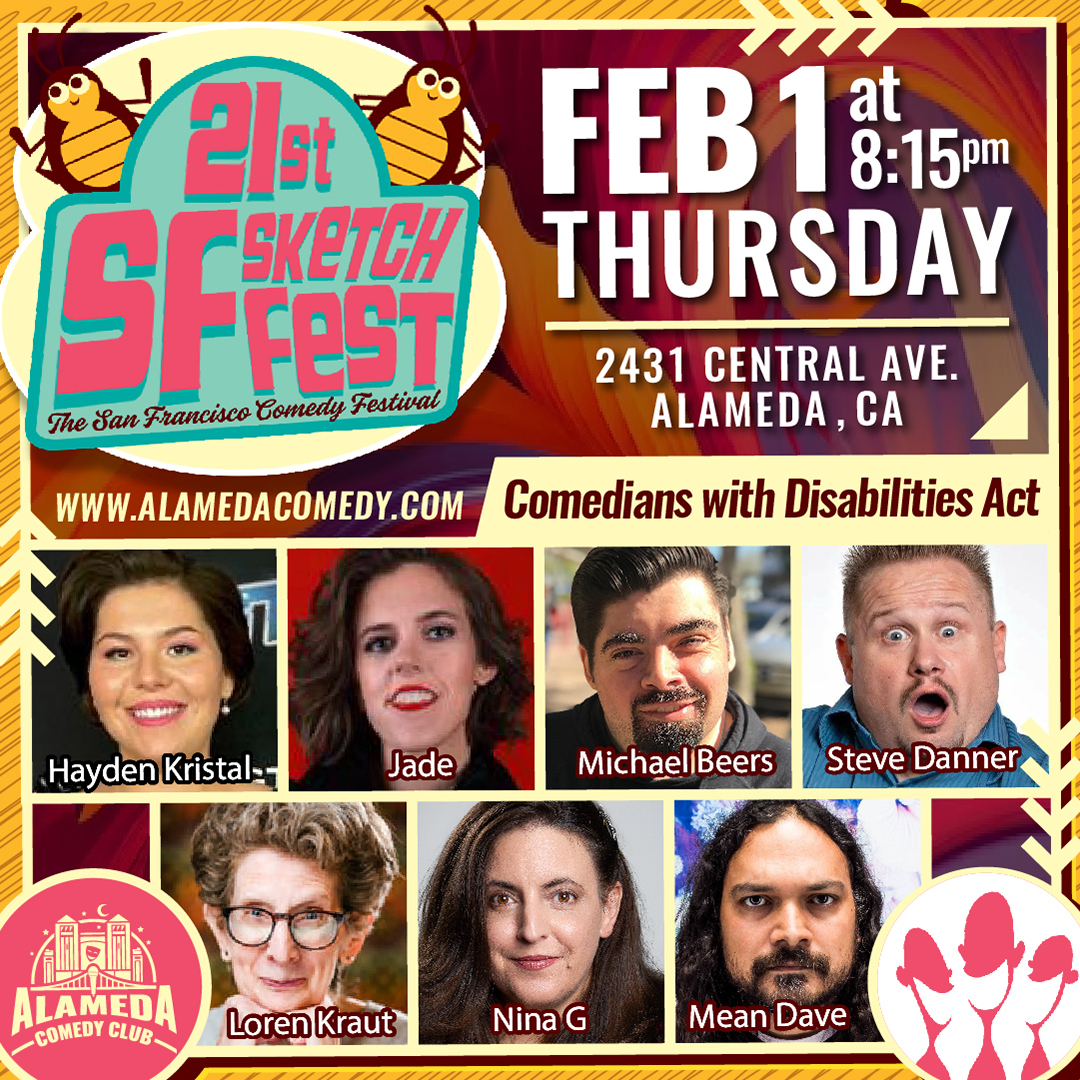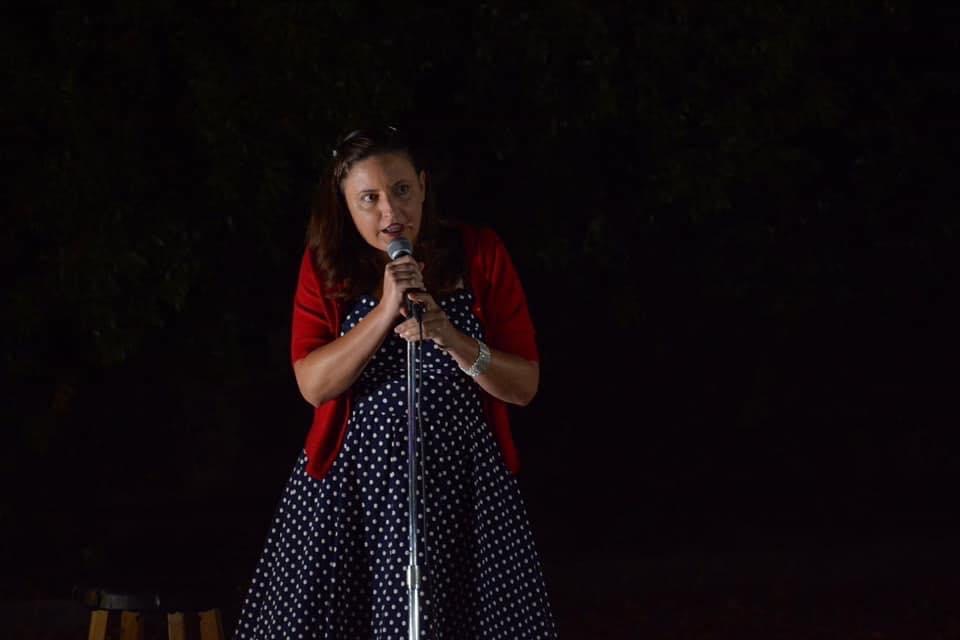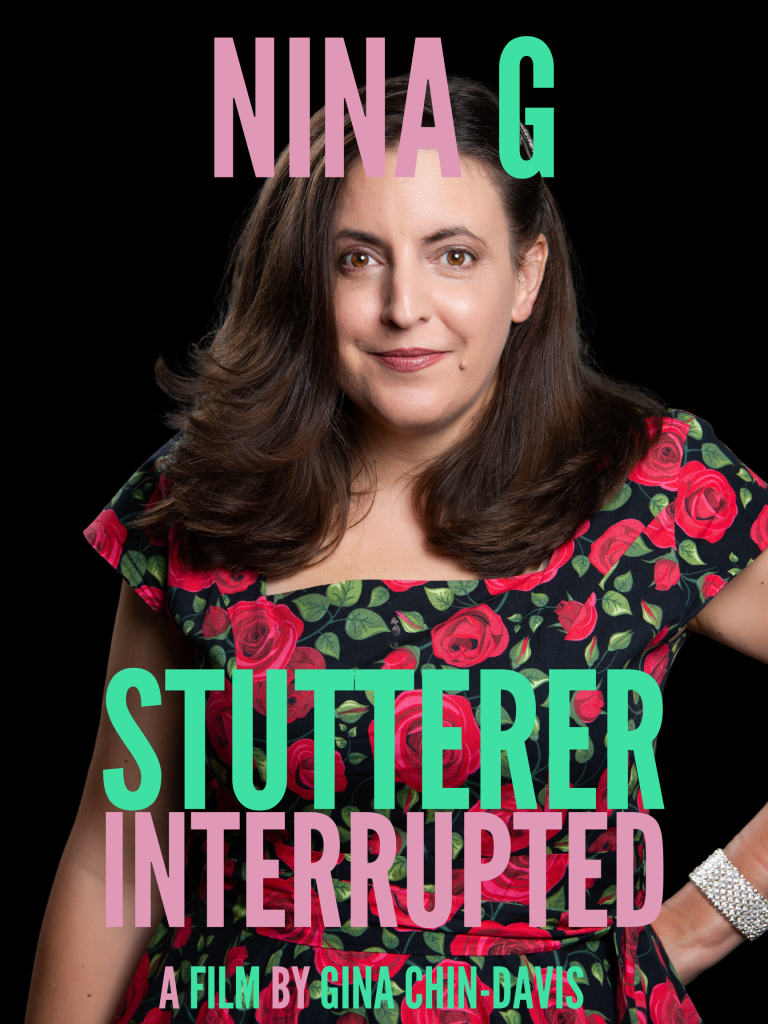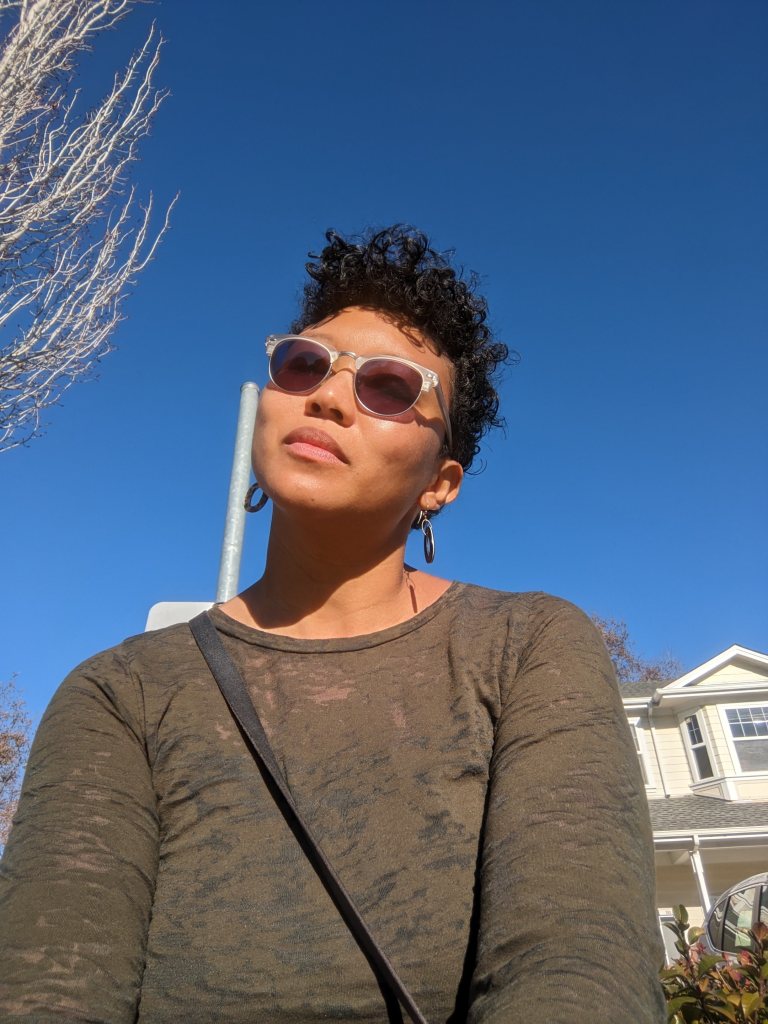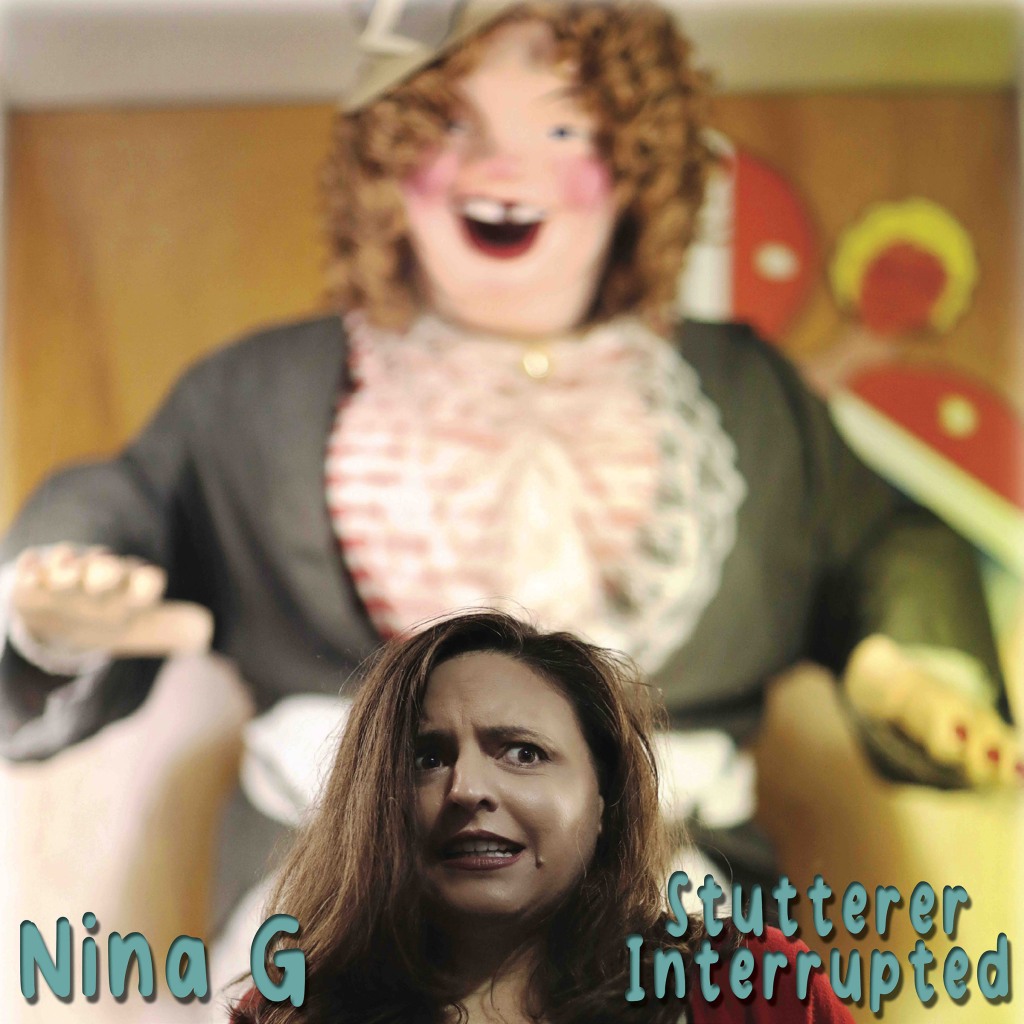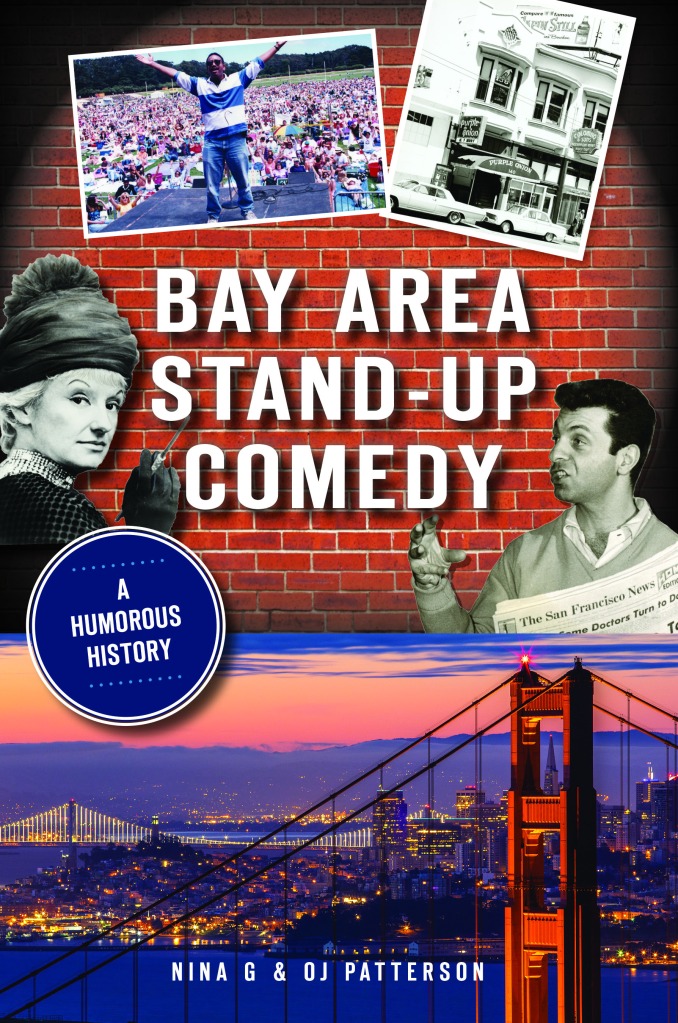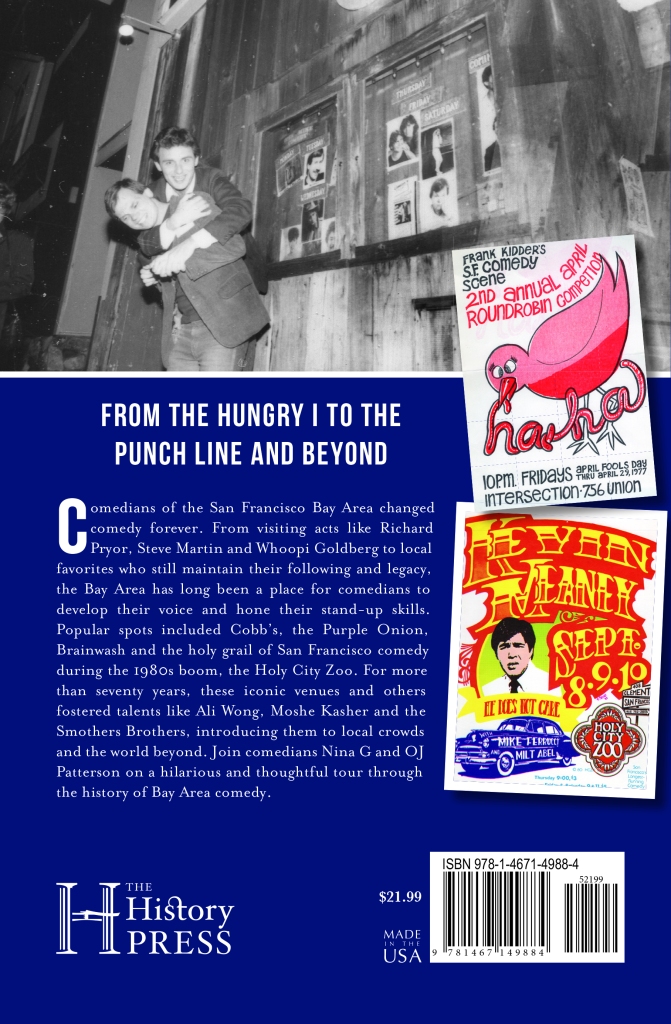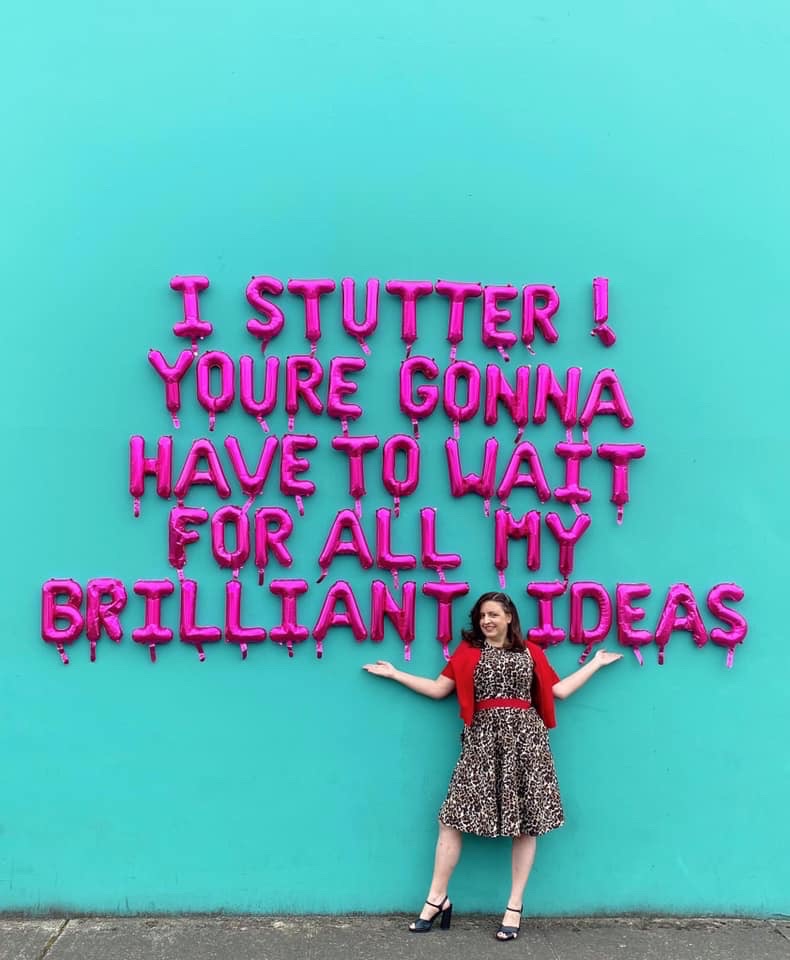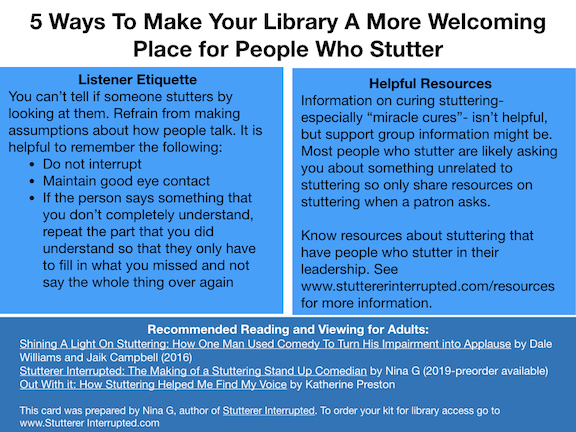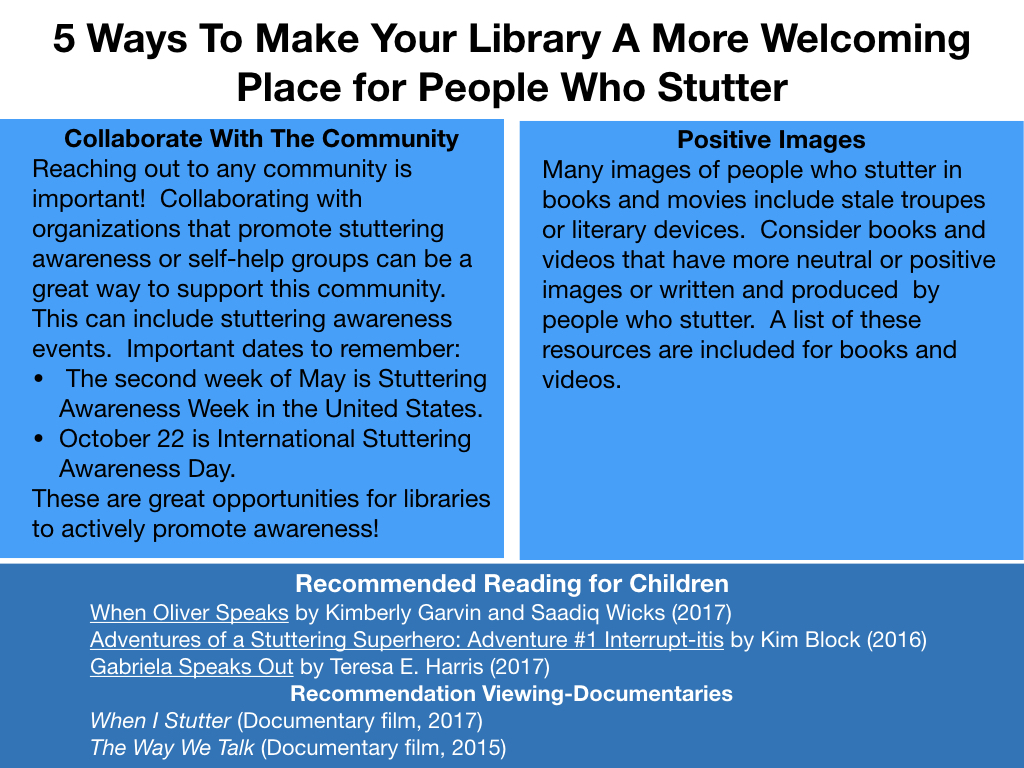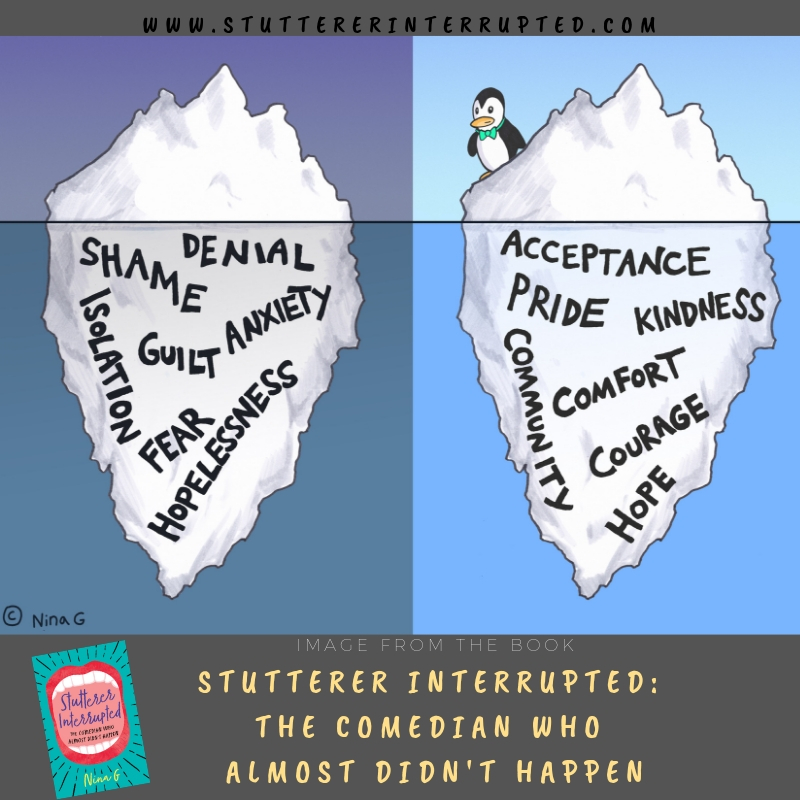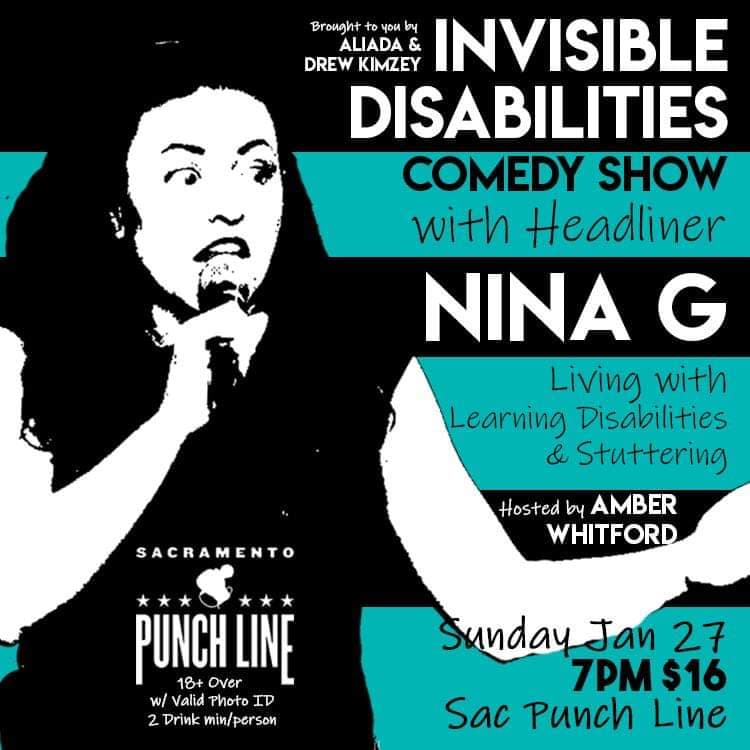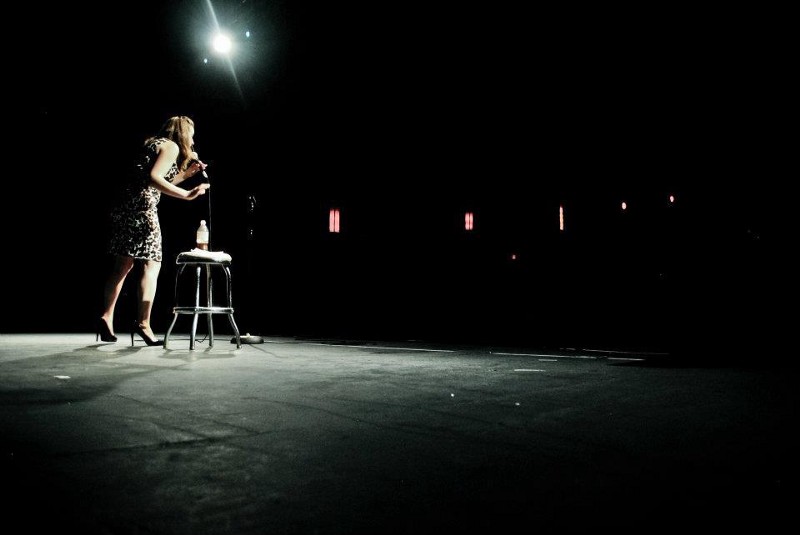The Comedians with Disabilities Act (CWDA) debuted in 2010 and has been going strong since. February 1, 2024 at the Alameda Comedy Club CWDA will make its SF Sketchfest debut. CWDA is a collection of comedians with disabilities, both seen and unseen. It was the brainchild of comedian Michael O’Connell. Michael passed away in 2016, but his comedy troupe lives on. Michael’s legacy allows comedians with disabilities to develop their voices to receptive audiences across the country.
Steve Danner and Nina G are part of the original CWDA but have been joined by a cast of other talented Disabled comedians over the years. In addition to Nina and Steve, the SF Sketchfest show features CWDA regulars: Mean Dave, Michael Beers, Loren Kraut, Jade Theriault along with Hayden Kristal who will be joining the troupe for her first CWDA show! Ticket information at: https://sfsketchfest2024.sched.com/event/1VUpj?iframe=no.
SF Sketchfest is a comedy festival taking place January 18 through February 4 in venues across San Francisco and the surrounding area. The multi-day festival will host more than 200 shows featuring major comedy stars and the best up-and-coming acts for sketch, stand-up, alternative comedy, music, improv, films, tributes, all-star reunions, live podcasts, and workshops. Now in its 21st year, SF Sketchfest is an internationally recognized, eclectic, and critically acclaimed festival that offers audiences a wide variety of special programming and the rare opportunity to see their favorite performers in intimate live settings. The CWDA show will take place at the Alameda Comedy Club (in Alameda) on February 1.
SF Sketchfest featuring CWDA follows a trend in the larger entertainment industry: increase representation of the Disabled experience. Images of people with disabilities have traditionally been underrepresented and when they are it is often what many in the Disability community call “inspiration porn.” The images are rarely complex, with Disabled individuals often being represented as “courageous,” “overcoming obstacles” and “inspiring others.” CWDA flips the script on all these images. The CWDA comedians speak about the awkward interactions they have with non-disabled people, reflections about their own disability experience as well as not talking about their disability at all. Their disabilities don’t solely define these comedians but they also acknowledge the impact that it has had in their lives.
“CWDA being part of SF Sketchfest is a big deal because it shows that the disability experience is on the radar of comedy festival producers. The entertainment industry is finally seeing that there is a lot of talent in our community and that people want to hear about our experiences from us and not filtered through a Hollywood lens that doesn’t challenge the status quo” adds comedian and lead producer of CWDA, Nina G. “That is why Disabled comedians are so important. They challenge how society thinks about disability and can help to change people’s attitudes while also being hilarious and entertaining!”
These comedians are hilarious! This diverse group is formed each with a different disability experience and perspective. The following line up will be featured at SF Sketchfest.
Michael Beers won the Norman G. Brooks Comedy Competition at the Hollywood Improv in 2005. He was also the previous winner of Funny Fest (Calgary Comedy Festival) and has opened for comedians like Gilbert Gottfried. He is a sought-after keynote speaker on topics like humor, disability advocacy, education and community building.
Jade Theriault is a Forbes-recognized comedian who combines provocative thought with moving furniture. Jade is a regular at Alameda Comedy Club, Punch Line SF, Cobbs Comedy Club, Tommy T’s, and the San Jose Improv where she opened for Jesus Trejo. Festival credits include SF Sketchfest, The Art of Female Comedy Festival (Wichita, KS), Palm Springs International Comedy Festival and the Westside Comedy Festival in Santa Monica, where she was honored for Best Joke of the Night. Jade starred in Malic Almaya’s “RUN! ” (2018), featured in Jeff Giordano’s “Romantic Chorus” (2021), and was on an episode of MTV “Decoded” (2018).
Nina G is a comedian, author of Stutterer Interrupted and co-author of Bay Area Stand-Up Comedy: A Humorous History. In May 2023 her album debuted at #1 in Comedy on iTunes and Amazon. Her first comedy special, Nina G: Stutterer Interrupted, debuted in October 2023. She has shared the stage with comedy legends like Don Novello (aka Father Guido Sarducci), Mort Sahl and Disability activists like Judi Heumann and Jim Lebrect.
Mean Dave, a favorite in the San Francisco Bay Area, hosts several CWDA shows. Dave is in his tenth year of addiction recovery, which he ingeniously weaves into his humor. He’s a regular at Punch Line SF & Sacramento, Cobbs Comedy Club, Laughs Unlimited, SJ Improv and has opened for many notable comedians like Josh Blue, Big Jay Oakerson, and Eddie Pepitone as well as performed at clubs and colleges across the U.S.
Steve Danner’s comedy career began as an audience member at a comedy club. The comedian on stage started riffing with him. After Danner showcased his own riffing skills, the comic approached Danner after the show and suggested he give comedy a try. That soon launched a career as a comedian and producer. He’s opened for many headliners such as “Last Comic Standing” winner, Felipe Esparza.
Hayden Kristal’s quick wit and cheerful self-deprecation has earned her a spot as an “America’s Got Talent” semifinalist, roles on Adult Swim/HBO Max’s “Tuca and Bertie”, and over a million followers on social media, but her true talent lies in naming horses things you might name a shelter cat. Hayden lives in rural Colorado with her four-legged friends Squidward, Chicken Elizabeth Nugget, Donkey Devito, and Debbi from Accounting.
In February, CWDA will have multiple shows in Northern California. Each show will have a different line up with Michael Beers headlining in Sacramento and Santa Rosa. Information on all shows is below:
February 1, 2024: SF Sketchfest at the Alameda Comedy Club: 2431 Central Avenue, Alameda.
February 2, 2024 at the Veterans of Foreign Wars: 2784 Stockton Boulevard, Sacramento.
February 3, 2024 at Barrel Proof Comedy: 501 Mendocino Avenue, Santa Rosa.
February 15, 2024 at Woodhouse Blending and Brewing: 119 Madrone St, Santa Cruz.
Ticket information and updates at www.ComediansWithDisabilitiesAct.com.
ABOUT SF SKETCHFEST
SF Sketchfest, co-founded and directed by David Owen, Cole Stratton, and Janet Varney, produces the eclectic San Francisco Comedy Festival, the longest-running comedy festival in the U.S. SF Sketchfest is an internationally recognized and critically acclaimed event that mixes major comedy stars and the best up-and-coming comedians from around the world for over two weeks of sketch, stand-up, alternative comedy, music, improv, films, tributes, live podcasts, workshops, and panel discussions. SF Sketchfest offers its audiences the rare opportunity to see their favorite performers in intimate live performances and discussions.
In past years, SF Sketchfest has featured renowned comedy artists such as Aziz Ansari, Fred Armisen, Dan Aykroyd, Maria Bamford, Dave Barry, Mike Birbiglia, Jack Black, Rachel Bloom, Carol Burnett, Dana Carvey, Cheech & Chong, Margaret Cho, Billy Crystal, Noel Fielding, Zach Galifianakis, Ricky Gervais, Christopher Guest, Eddie Izzard, Monty Python’s Terry Jones, Key & Peele, Eugene Levy, Michael McKean, Kate McKinnon, Tig Notaro, Conan O’Brien, Catherine O’Hara, Patton Oswalt, Penn & Teller, Amy Poehler, Paul Reubens, Mort Sahl, Amy Schumer, Amy Sedaris, Garry Shandling, Harry Shearer, Robert Townsend, Aisha Tyler, George Wallace, Reggie Watts, Keenen Ivory Wayans, Robin Williams, and “Weird Al” Yankovic. The festival has also hosted film and television stars including Alan Arkin, Will Arnett, Candice Bergen, Bruce Campbell, Lizzy Caplan, Dick Cavett, Bud Cort, Ted Danson, Laura Dern, Danny DeVito, Sally Field, Nathan Fillion, Jeff Goldblum, Elliott Gould, Jon Hamm, Neil Patrick Harris, Bill Irwin, Ricky Jay, Rashida Jones, Cloris Leachman, Julia Louis-Dreyfus, Jane Lynch, Parker Posey, Paul Rudd, Jason Schwartzman, Adam Scott, Jason Segel, Tony Shalhoub, and Gene Wilder; ensemble comedy groups The Kids in the Hall, Mr. Show, “Mystery Science Theater 3000,” The State, “Drunk History” and the Upright Citizens Brigade; reunions of the casts of “Best in Show”, “Airplane!” “Wet Hot American Summer”, “Animal House”, “Twin Peaks” and “Party Down”; musical guests David Byrne, Bill Frisell, Ben Gibbard, Tenacious D, Aimee Mann, The Monkees, Bob Mould, Rhett Miller, Nellie McKay, Robert Glasper, and many more.
